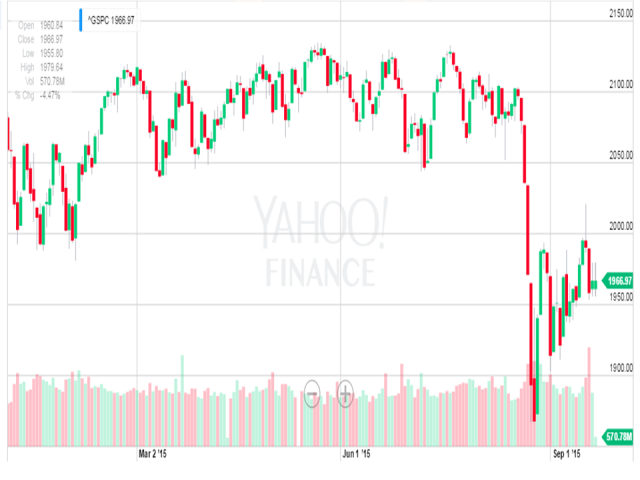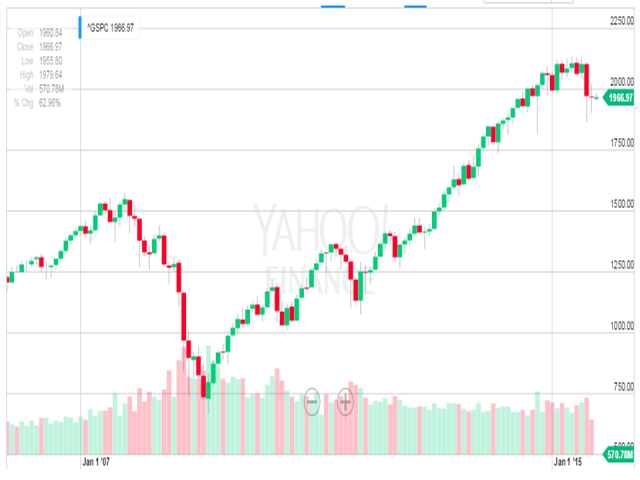“Since you cannot do good to all, you are to pay special attention to those who, by the accidents of time, or place, or circumstances, are brought into closer connection with you.” – St. Augustine
“This is the very perfection of a man, to find out his own imperfections.” – St. Augustine
I had a theological conversation with a friend the other day. In it I posited the following, and asked him to poke holes in it (we value when others challenge our ideas and tell us ways in which they fall short):
“You cannot separate God’s will, from His word, from His heart. These are congruous. To know one is to know the others … or at least to know the framework in which the others must exist, even if we sometimes grapple with understanding their expression rightly.”
I’m not a theologian. Never have been. Indeed I have discussed with my Christian friends how I often find differences of thought between the theological (e.g. the Apostle Paul) and the mathematical (e.g., myself). But I think the above holds. Or, at least, to a Christian must hold in some way or the whole of truth is lost to us.
We believe in the will of God – there is a thing, an outcome, a purpose, that He wills, He wants, He desires. We believe that the holy scriptures cannot run contrary to this will -otherwise we have no moorings. And we believe that deep within the expression of His will is His heart of love for man and all mankind. And that these three must be congruous, even though they might be expressed differently under different circumstances. They all must still agree.
Thus, if we hold an issue of the will or the heart that runs counter to the word of God, we know that it is of our own will or our own heart, and not of His. Let us consider the simplest example.
Fornication. OK, maybe that’s not the simplest of examples, but it’s pretty basic. What does the word of God say about fornication – the commission of sexual acts outside of the bonds of marriage? Well, ummm, it’s pretty overwhelming. 1 Cor 6:18-20, Heb 13:4, John 8:41-42, Gal 5:19-21, 1 Cor 6:13, 1 Thes 4:3-4 … the list really could go on all night. The point is, fornication – sexual congress with someone to whom one is not married – is forbidden by the word of God.
Does this express His will? Well, maybe we would describe “will” with different words. It is God’s will that men and women only engage in sexual intimacy – the most intimate of acts amongst humanity – in the safety of a marriage covenant. Why? Because He wants us to be safe from harm. There is emotional damage in extra-marital relations when the relations end (and even before) – and God would protect us from that.
Does this express His heart? Well, maybe we would describe “heart” with different words still. God loves us. He wants only good, only joy, only hope, only peace for us. Despite our own desires He knows full well that fornication ultimately leads to emotional pain – pain from which He would protect us.
So we see that the word may give a simple truth (“thou shalt not”) while the expression of will and heart might expound the “why” of the situation.
My point is a simple one though – that the “implication” (mathematically) goes both ways. That is, one cannot claim to hold to the heart of God or the will of God while acting directly contrary to the word of God. It is the simplest of litmus tests. If the word of God clearly prohibits a matter, or clearly states a direction on a matter, then one must – by definition – assume that this framework ultimately contains His will and His heart. Otherwise we only live in confusion.
But it is the nature of fallen man, the absolute nature of fallen man – to put his own desires, his own will, his own heart, in the place of God’s. It is the most difficult struggle of the Christian life to lay down the thing one’s heart most desires, when that desire goes contrary to the word of God (and thus to the will of God and to the heart of God). We are benefited when we see this from two aspects.
First, God’s ways are not our ways. Our tendency for self-worship clearly leads us to decisions and desires that are motivated by our will, not His; our heart, not His. (It is the nature of the fall.) Second, it is invaluably instructive for us to cast the word of God into His will and His heart. To best understand truth, integrity, honesty, hope, we must rightly understand His purposes and grapple with the ways that they differ from our own (and be willing to lay down our own when the situation calls for it).
So let us consider our ways.
“Though shalt not commit murder” – does your heart contemplate the explicit harm of another? Dare not to justify it – the word, will, and heart of God are against you.
“Though shalt not steal” – does your heart contemplate the taking of something that doesn’t belong to you? Dare not to justify it – the word, the will, and the heart of God are against you.
“Love your neighbor as yourself” – “Do unto others as you would have them do unto you” – “What God has joined together, let no man separate” – “Seek first the kingdom of God” … does your heart or mind struggle against these? You are only human (as am I). But know that the perfect will of God, the heart of love of God, has expressed itself with these sayings for a reason. To justify actions that run contrary is to justify that my heart and my will is greater than His, more perfect than His. This is folly.



